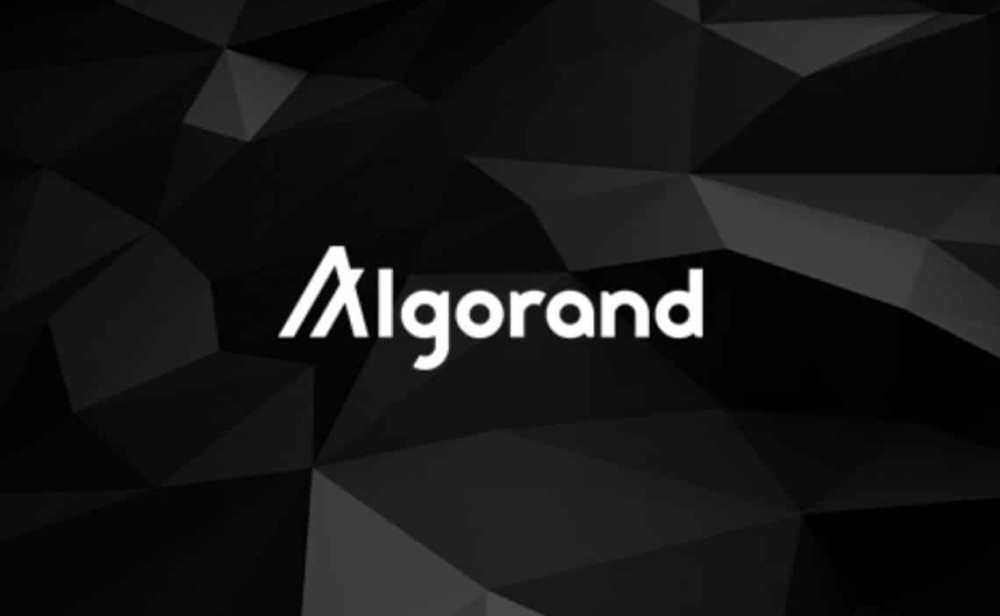
Algorand (ALGO) is both a digital currency and blockchain platform. The Algorand platform is designed to process many transactions quickly, similar to a major payments processor like Mastercard or Visa. Algorand can host other cryptocurrencies and blockchain-based projects, making it a direct competitor to Ethereum.
ALGO, the platform’s native currency, is used to secure the Algorand blockchain and pay processing fees for Algorand-based transactions.
Algorand is an open-source blockchain, meaning that anyone can view and contribute to the platform’s code. Algorand uses an operating protocol called pure proof-of-stake (PPoS), which recruits network operators from the entire pool of ALGO coin holders.
The Algorand platform and accompanying cryptocurrency were founded in 2017 by Silvio Micali, a professor at the Massachusetts Institute of Technology and noted cryptographer. The total supply of ALGO is capped at 10 billion coins, with about 7 billion ALGO already circulating.
Understanding Algorand
Algorand markets itself as a highly efficient, scalable platform that can immediately finalize transactions. Algorand accomplishes this in a decentralized way by:
- Using relay nodes to enable efficient communication paths.
- Incorporating participation nodes that vote on and confirm new blocks for the Algorand blockchain.
- Prohibiting any splitting (forking) of the Algorand blockchain, to guarantee that completed transactions cannot be changed.
- Reducing the data burden placed on Algorand network participants by continually compressing blockchain information.
The Algorand blockchain uses a modified version of the proof-of-stake consensus mechanism. While the traditional proof-of-stake method enables cryptocurrency holders to opt into validating transactions, the pure-proof-of-stake method recruits validators from the entire pool of ALGO holders. ALGO holders who stake – agree to not trade or sell – their ALGO is rewarded every time a new block is added to the Algorand blockchain.
ALGO network participants are rewarded in ALGO, Algorand’s native cryptocurrency. ALGO is also used as a utility token to pay transaction processing fees.
How Does Algorand Differ from Ethereum?
The Ethereum and Algorand blockchain platforms can be viewed as competitors. Both platforms provide infrastructure to support the development of other blockchain-based projects, and both use smart contracts.
One main difference between Algorand and Ethereum is the consensus mechanism that the blockchain uses. Ethereum uses the proof-of-work (PoW) method, which requires vast computing power and energy resources to “mine” new cryptocurrency and process transactions. Ethereum is gradually transitioning to using the proof-of-stake method – the most common version that requires blockchain network participants to opt-in as validators. Algorand is continuing to use pure proof of stake.
The Ethereum platform can process a new block of transactions approximately every 12-14 seconds. Transactions processed via the Algorand network are finalized faster, within about four seconds.
What is the purpose of Algorand?
Algorand aims to achieve global trust among trustless parties through blockchain-based decentralization. The platform prioritizes simple designs for developing technology that can eliminate barriers to prosperity.
How can I buy ALGO cryptocurrency?
You can buy ALGO using a major cryptocurrency exchange like Kraken or Coinbase. After establishing an account with an exchange and funding it with your local currency, you can initiate a buy order for ALGO. Once the purchase is complete, you can store your ALGO in a wallet that is self-hosted or hosted by the cryptocurrency exchange.
Source: https://www.investopedia.com/algorand-algo-definition-5217725

Comments